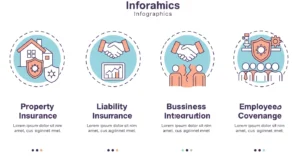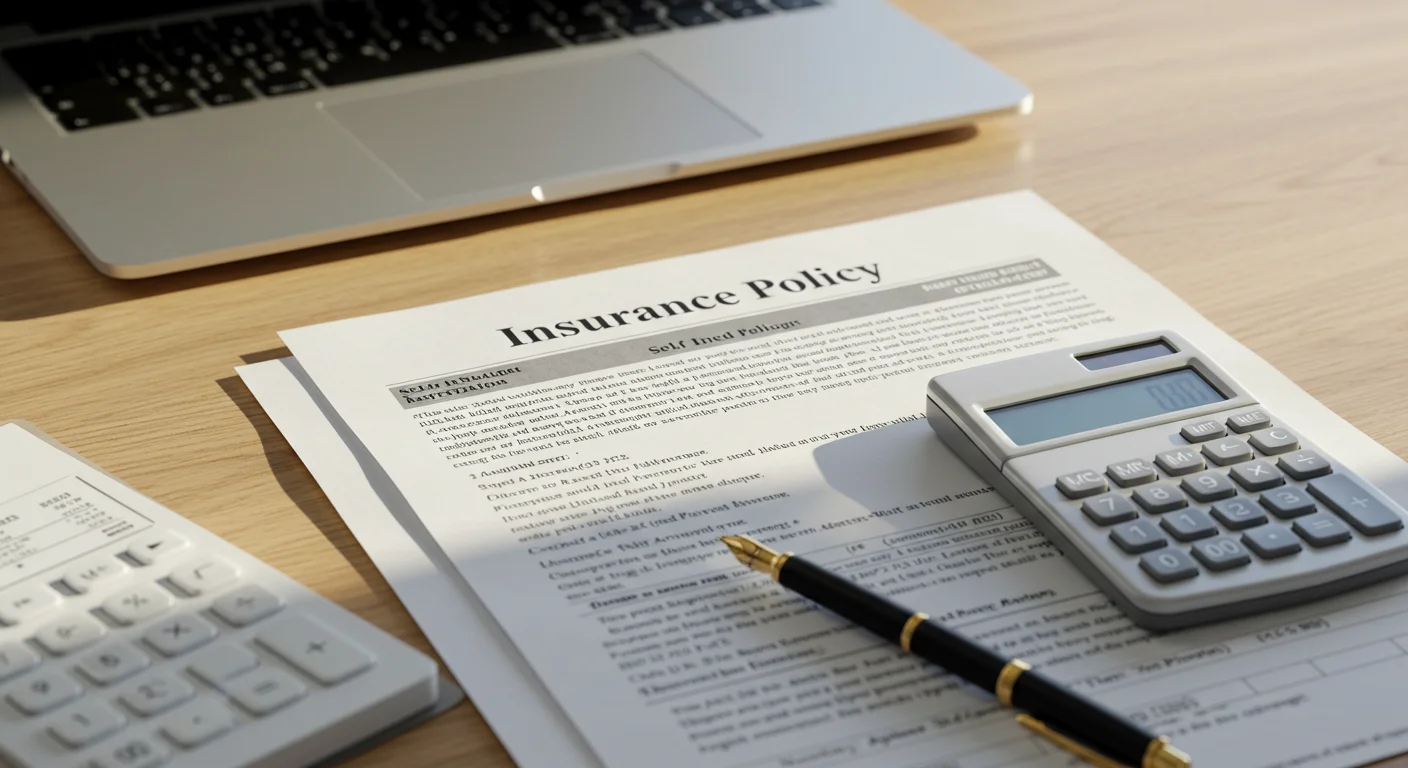Hotel Insurance: Protecting Your Business and Guests
Running a hotel is both exciting and challenging. Every guest that walks through your doors expects comfort, safety, and flawless service. However, behind the scenes, a hotel operates as a complex business exposed to numerous risks — property damage, guest injuries, theft, cyber threats, and even natural disasters. This is where hotel insurance comes in as a crucial safeguard.
Hotel insurance provides a safety net for both owners and guests, ensuring that unexpected events do not disrupt daily operations or cause devastating financial losses. Whether you manage a small boutique inn or a luxury resort, the right insurance coverage helps protect your investment, employees, and reputation.
Why Hotel Insurance Is Essential for Every Hospitality Business
In the hospitality industry, even the smallest mistake or accident can lead to costly consequences. Hotels face unique risks daily — from fires in the kitchen and slips in the lobby to data breaches from online booking systems. Without the right insurance policy, covering these incidents can quickly drain your finances.
Insurance helps mitigate these risks by offering coverage for property damage, liability claims, and operational interruptions. It ensures that your hotel remains financially stable and capable of providing quality service, even after an unexpected event. Moreover, having a well-structured insurance plan enhances your brand’s credibility and assures guests that their safety and belongings are valued.
Key Types of Insurance Coverage Hotels Should Have
A strong hotel insurance policy consists of several essential coverages that work together to safeguard different aspects of your business. Understanding each type helps you choose a plan that fits your hotel’s specific needs.
1. Property Insurance
Property insurance is one of the most critical forms of protection for hotels. It covers damage to buildings, rooms, furniture, and essential equipment caused by fire, vandalism, or natural disasters. For instance, if a burst pipe floods your lobby or a fire damages your kitchen, property insurance will help pay for repairs or replacements, allowing you to resume operations quickly.
2. Liability Insurance
Hotels welcome hundreds of guests every month, increasing the chance of accidents. Liability insurance protects you from financial losses resulting from guest injuries or property damage. If a guest slips in the hallway or claims an allergic reaction to your restaurant’s food, liability coverage handles the medical and legal expenses. This not only saves money but also protects your hotel’s public image.

3. Business Interruption Insurance
Unforeseen circumstances like fires, storms, or pandemics can force hotels to close temporarily. Business interruption insurance helps replace lost income during these periods, ensuring that you can still pay staff salaries, utility bills, and other ongoing expenses. It’s a crucial part of hotel risk management that helps you recover faster without losing financial stability.
4. Employee Insurance
A successful hotel relies heavily on its staff. Employee insurance, including workers’ compensation and employer liability coverage, provides protection for both employees and employers. If a staff member gets injured while performing duties, this insurance covers medical treatment and compensation, promoting a safe and supportive work environment.
5. Cyber Liability Insurance
As hotels rely more on digital booking systems and online payment platforms, cyber threats have become a real danger. Cyber liability insurance protects against losses caused by hacking, data breaches, or stolen customer information. It covers the cost of recovery, data restoration, and any potential legal actions — ensuring that your hotel’s reputation stays intact in the digital era.
Additional Coverages Many Hotels Overlook
While most hotel owners understand the importance of standard policies, there are additional coverages that can provide full protection:
- Guest property coverage: Protects personal belongings of guests against theft or accidental damage.
- Liquor liability insurance: Essential for hotels with restaurants or bars serving alcohol.
- Equipment breakdown insurance: Covers repairs for essential systems like HVAC units, elevators, or kitchen machinery.

- Terrorism coverage: Offers financial security in case of extreme, unpredictable events.
- Flood and earthquake insurance: Especially important for properties located in high-risk areas.
These add-ons strengthen your insurance coverage and ensure there are no gaps in protection.
How to Choose the Right Hotel Insurance Policy
Choosing the right insurance plan begins with understanding your hotel’s unique risk profile. Consider factors like property size, location, amenities, and the number of employees. A coastal resort may prioritize flood insurance, while a city hotel might focus on liability and business interruption coverage.
It’s also wise to compare quotes from multiple insurers. Review the policy details carefully, including exclusions, limits, and deductibles. Collaborating with an insurance agent who specializes in the hospitality industry can simplify the process and ensure that your hotel receives the right balance between affordability and protection.
Common Mistakes Hotel Owners Make When Buying Insurance
Many hotel owners unknowingly make errors when selecting or managing their insurance policies. One common mistake is failing to update coverage after renovations or expansions. Another is overlooking modern risks such as cyberattacks, which can cost thousands in data recovery and legal fees.
Some hotels also underestimate their liability exposure, assuming that accidents are rare. However, even a single guest injury can lead to a costly lawsuit. Regularly reviewing and updating your policy ensures your hotel insurance remains relevant as your business evolves.
Benefits of Comprehensive Hotel Insurance Coverage
Having a well-rounded insurance plan provides several benefits that go beyond financial protection:
- Financial security: Protects your business from significant monetary losses due to accidents, natural disasters, or legal claims.
- Operational continuity: Allows you to maintain stability and resume operations quickly after disruptions.
- Enhanced reputation: Guests and partners view insured hotels as more professional and trustworthy.
- Legal compliance: In many regions, certain insurance coverages are mandatory for operating hospitality businesses.
- Peace of mind: Knowing that your hotel, staff, and guests are protected lets you focus on delivering exceptional experiences.
A complete insurance policy gives hotel owners the confidence to grow their business without constantly worrying about potential risks.
The Future of Hotel Insurance in the Hospitality Industry
As technology and guest expectations evolve, hotel insurance is also adapting. Modern policies now include coverage for cyber risks, environmental sustainability measures, and pandemic-related disruptions. The hospitality industry is shifting toward customized insurance packages designed for different hotel sizes and operations.
Additionally, many insurers are offering flexible policies that combine digital protection with traditional coverage, giving hoteliers a more robust shield against future threats. Staying informed about these trends will help you make smarter insurance decisions and maintain a competitive edge.

Final Thoughts:
In today’s competitive hospitality market, protecting your business should be a top priority. Hotel insurance is not just a legal requirement but a strategic investment that ensures the longevity of your brand. From property protection and guest safety to cyber resilience, the right insurance policy acts as a powerful defense against uncertainty.
Choosing a comprehensive plan will allow your hotel to thrive confidently while safeguarding your reputation, employees, and guests. Don’t wait for an unfortunate event to highlight the importance of insurance — take action today and secure the future of your hotel.








Post Comment